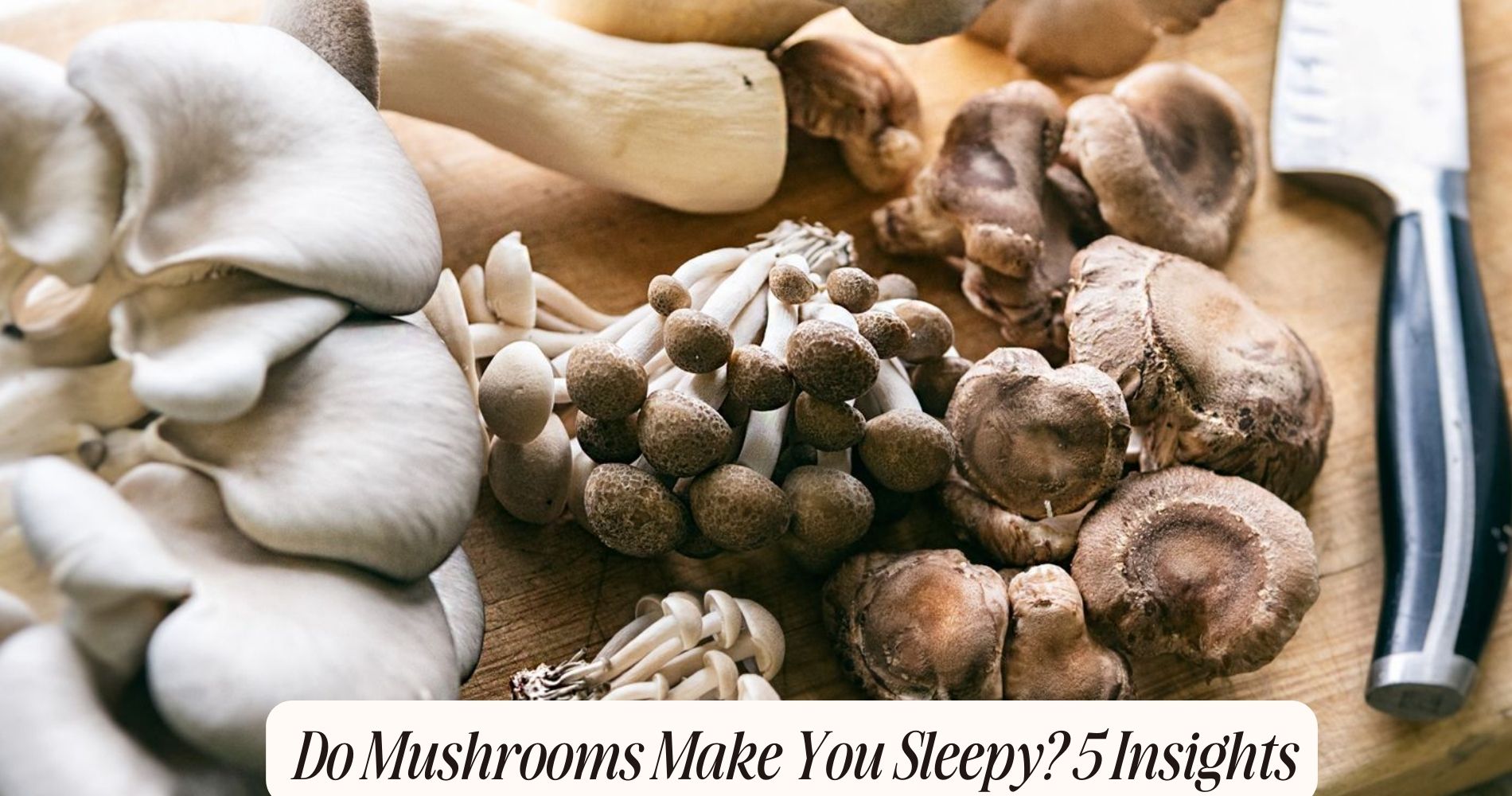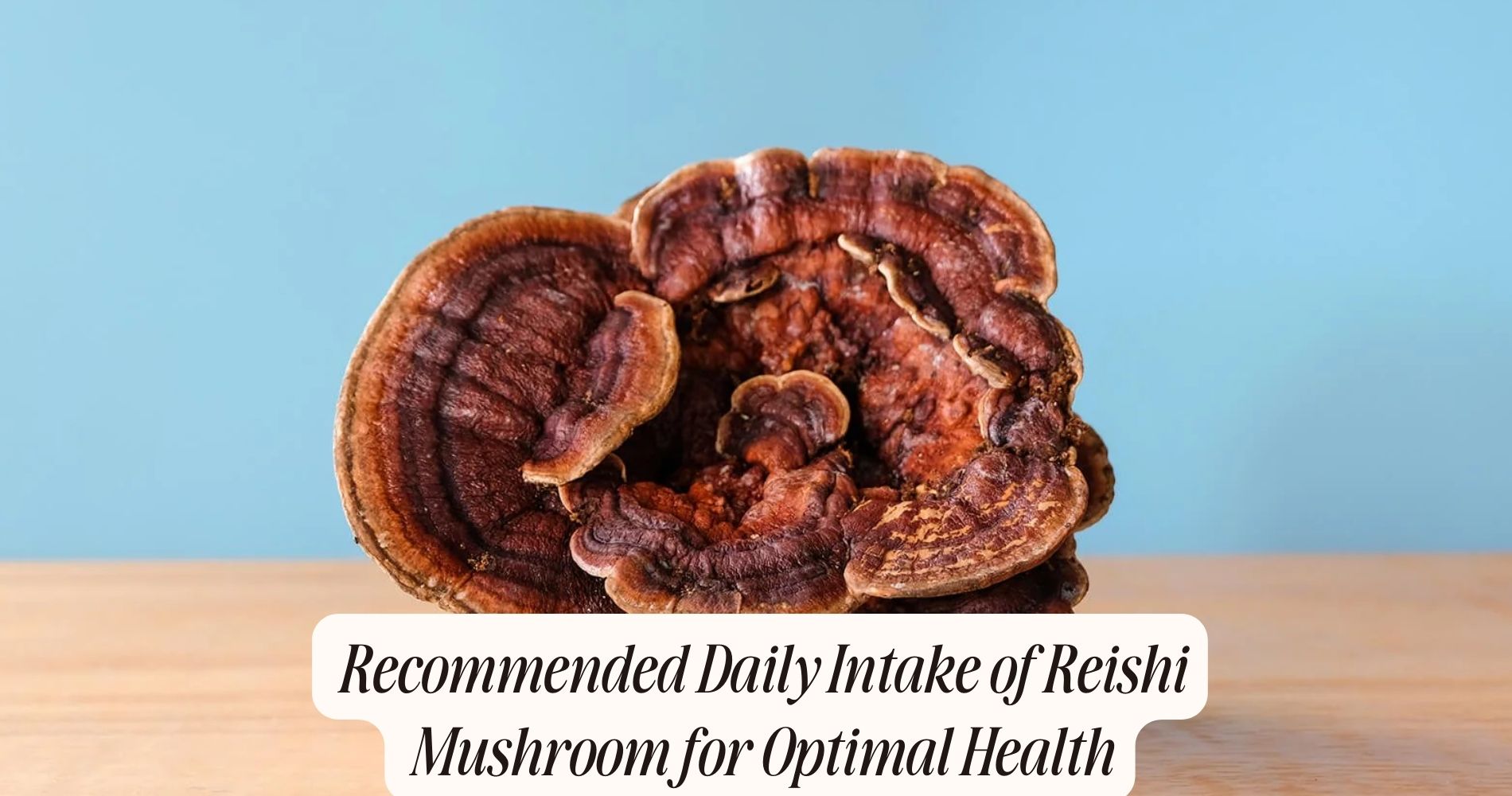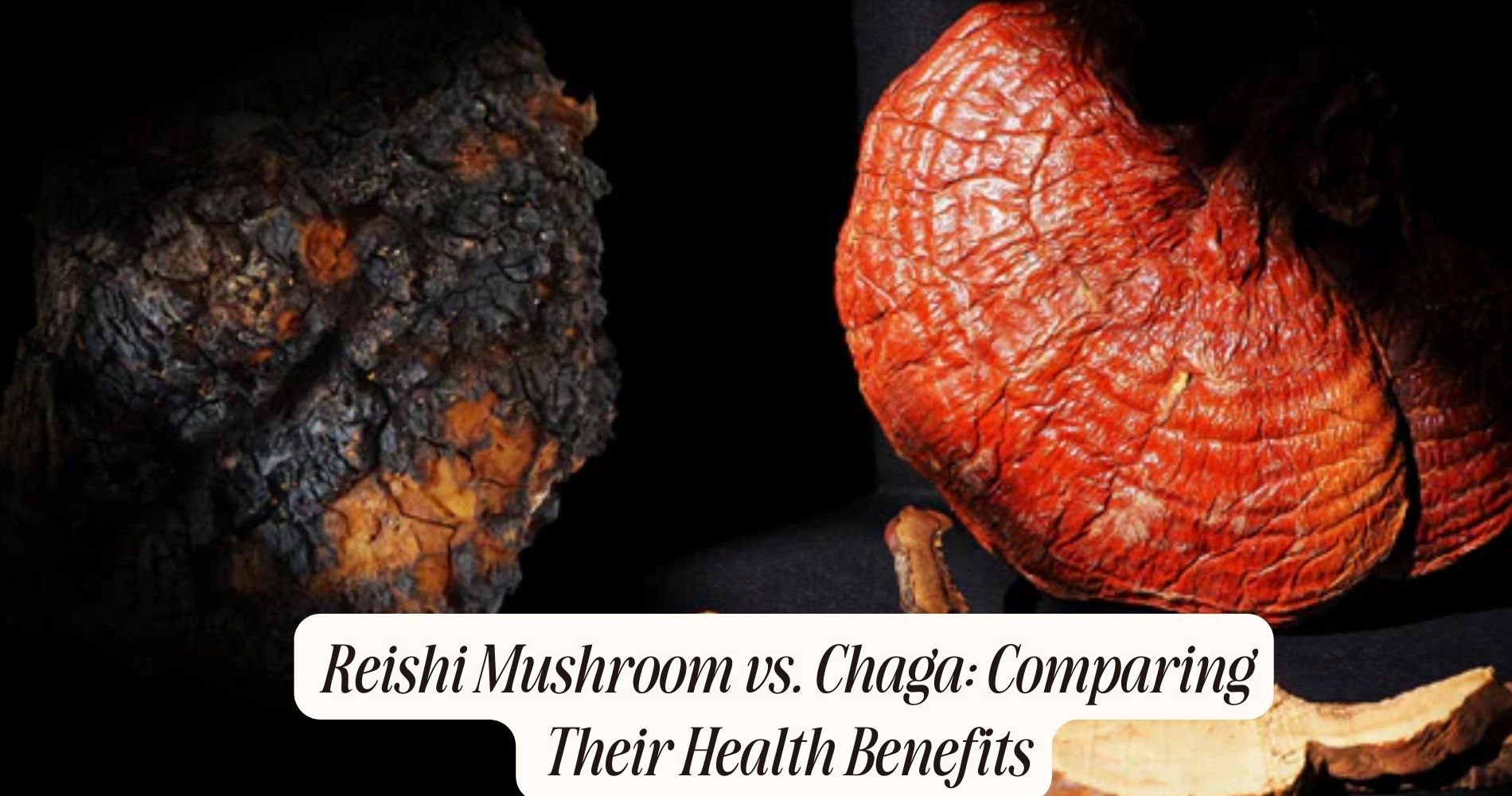
Do Mushrooms Make You Sleepy? 5 Insights
Sleep-Inducing Compounds
Many mushrooms contain bioactive compounds, such as tryptophan and ergothioneine, that have been shown to influence sleep regulation. These compounds can exert sleep-inducing effects through various physiological mechanisms.
Tryptophan, an essential amino acid, is a precursor to serotonin and melatonin, both of which play vital roles in sleep-wake cycles. When you consume mushrooms high in tryptophan, your body can convert it into these neurotransmitters, promoting relaxation and sleep onset.
Ergothioneine, another significant mushroom compound, exhibits potent antioxidant properties. This compound helps reduce oxidative stress, which has been linked to better sleep quality. By mitigating oxidative damage, ergothioneine supports the overall health of your sleep-regulating systems, including the central nervous system and endocrine pathways.

Moreover, certain polysaccharides in mushrooms have adaptogenic properties, aiding the body in managing stress. Chronic stress is a well-known disruptor of sleep, and these adaptogenic effects can contribute to a more restful night's sleep.
Understanding these mushroom compounds' specific biochemical activities provides a robust framework for appreciating their sleep-inducing effects. Leveraging the power of these natural compounds can be a valuable addition to your sleep hygiene practices.
Types of Mushrooms
Understanding the specific sleep-inducing compounds sets the stage for identifying which types of mushrooms are most effective in promoting restful sleep. Among the diverse edible varieties, certain mushrooms stand out due to their unique biochemical profiles. One prominent example is the Reishi mushroom (Ganoderma lucidum), known for its high levels of triterpenes and polysaccharides, which exhibit sedative properties.
Another notable variety is the Lion's Mane (Hericium erinaceus), which contains compounds like hericenones and erinacines, known to support cognitive function and potentially improve sleep quality.

Wild mushrooms also offer significant sleep-enhancing benefits. The Chaga mushroom (Inonotus obliquus), typically found in birch forests, is rich in antioxidants and melanin, which can help regulate the sleep-wake cycle.
Similarly, the Maitake mushroom (Grifola frondosa), often found in deciduous forests, contains beta-glucans that have been linked to improved immune function and stress reduction, indirectly promoting better sleep.
You should consider these specific types of mushrooms if you're looking to enhance your sleep quality. Incorporating them into your diet, whether through supplements or culinary applications, can provide natural support for achieving restorative sleep.
Scientific Studies
Clinical research provides robust evidence on the efficacy of various mushrooms in promoting sleep quality and overall health. Studies utilize diverse research methodologies, including randomized controlled trials and observational studies, to assess the impact of mushrooms like Reishi and Lion's Mane on sleep induction and maintenance.
Researchers often employ polysomnography and actigraphy to objectively measure sleep parameters.
One significant study involving Reishi mushrooms included a sample size of 100 adult participants with mild sleep disorders. The results demonstrated a marked improvement in sleep latency and duration, with participants reporting fewer awakenings during the night.

Similarly, research on Lion's Mane involved a smaller sample size of 30 individuals but showed promising results in reducing sleep disturbances and enhancing REM sleep.
Moreover, clinical trials on Cordyceps, which also included placebo controls, indicated enhanced sleep quality and a decrease in sleep onset latency. These studies underscore the importance of appropriately designed research methodologies to draw reliable conclusions.
The sample sizes in these studies, though varying, provide a solid foundation for understanding the potential sleep-enhancing properties of mushrooms.
Nutritional Benefits
Beyond their sleep-enhancing properties, mushrooms offer a wealth of nutritional benefits that contribute substantially to overall health and wellness. Rich in essential vitamins, mushrooms are particularly high in B vitamins such as riboflavin, niacin, and pantothenic acid, which play critical roles in energy production and cellular function.
Additionally, mushrooms are a rare non-animal source of vitamin D when exposed to sunlight, which is crucial for bone health and immune function.
Mushrooms also bolster immune support through their unique bioactive compounds. Beta-glucans, a type of polysaccharide found in mushrooms, have been shown to enhance the activity of macrophages and natural killer cells, key components of the immune system. These compounds help in modulating immune responses, making the body more adept at fighting infections.
Moreover, mushrooms contain selenium, an antioxidant that assists in reducing oxidative stress and inflammation in the body. This element further supports immune function by enhancing the production of antibodies.
The high fiber content in mushrooms also aids in gut health, which is intrinsically linked to a robust immune system. By incorporating mushrooms into your diet, you can harness these nutritional benefits to support overall health and well-being.
Practical Tips
To reap the full benefits of mushrooms, incorporate them into your diet by adding them to salads, soups, stir-fries, and even smoothies. Consuming mushrooms rich in bioactive compounds like beta-glucans and antioxidants can enhance your overall sleep quality. To maximize these benefits, consider integrating mushrooms into your evening meal. This can help support your body's natural circadian rhythms.
In addition to dietary adjustments, establishing consistent bedtime routines is important. Consuming a balanced diet that includes sleep-promoting foods like mushrooms can synergize with other relaxation techniques such as meditation or deep-breathing exercises. These practices help lower cortisol levels, facilitating a smoother shift to sleep.

You should also consider the timing of mushroom intake. Eating a light, mushroom-infused meal a few hours before bed allows for best digestion and absorption of sleep-promoting nutrients. This practice aligns with evidence-based guidelines that recommend avoiding heavy meals close to bedtime.
Lastly, make sure your bedtime environment is conducive to sleep. Dim lights, a cool room, and removing electronic devices can greatly improve sleep latency and quality. By combining mushroom consumption with structured bedtime routines and relaxation techniques, you can create a holistic approach to better sleep.
Discover the Benefits of 10-IN-1 MUSHROOM GUMMIES by Well Gummies
Looking for a convenient way to harness the benefits of mushrooms? Try Well Gummies' 10-IN-1 MUSHROOM GUMMIES. These gum chews are packed with 10 functional mushrooms, designed to fuel your brain and energize your body naturally. Enjoy calmer energy, sharper focus, and immune support with our vegan gummies.
Savor the fresh taste of wild berries, as delicious as your favorite candy, without any jitters or crash. Shine all day with Well Gummies, the perfect addition to your daily routine for a balanced body and clear mind.
Frequently Asked Questions
Can Mushroom Supplements Improve Overall Sleep Quality?
Yes, mushroom supplements can improve overall sleep quality by regulating sleep cycles. It's important to follow dosage recommendations, as clinical studies indicate ideal dosages maximize benefits while minimizing potential side effects. Consult healthcare providers for personalized advice.
Are There Any Side Effects of Consuming Mushrooms Before Bed?
Consuming mushrooms before bed might cause digestive impact or allergic reactions. Some individuals report gastrointestinal discomfort or mild allergic responses. It's important to monitor your body's reaction and consult a healthcare professional if adverse effects occur.
Do Mushrooms Interact With Sleep Medications?
Yes, mushrooms can interact with sleep medications. Their pharmacological effects may enhance or inhibit the medication's efficacy. Always consult your healthcare provider for guidance on potential medication interactions before combining them with mushrooms.
How Do Mushrooms Affect REM Sleep?
When examining how mushrooms affect REM sleep, you'll find they can alter REM cycles and overall sleep architecture. Evidence-based studies indicate certain compounds in mushrooms might enhance or disrupt these phases, impacting sleep quality and duration.
Can Children and Elderly Safely Consume Sleep-Inducing Mushrooms?
When considering sleep-inducing mushrooms for children and the elderly, you must follow strict dosage guidelines and age considerations. Clinical evidence suggests tailored dosages are essential for safety due to varying metabolic rates and sensitivities.
Conclusion
To sum up, mushrooms contain compounds that may promote sleep, such as tryptophan and melatonin. Specific types like Reishi and Lion's Mane have shown potential in scientific studies to enhance sleep quality.
Their nutritional benefits, including essential vitamins and antioxidants, further support overall health. To maximize these effects, consider incorporating these mushrooms into your diet through supplements or meals.
Always consult a healthcare professional before making significant changes to your diet or supplement regimen.




